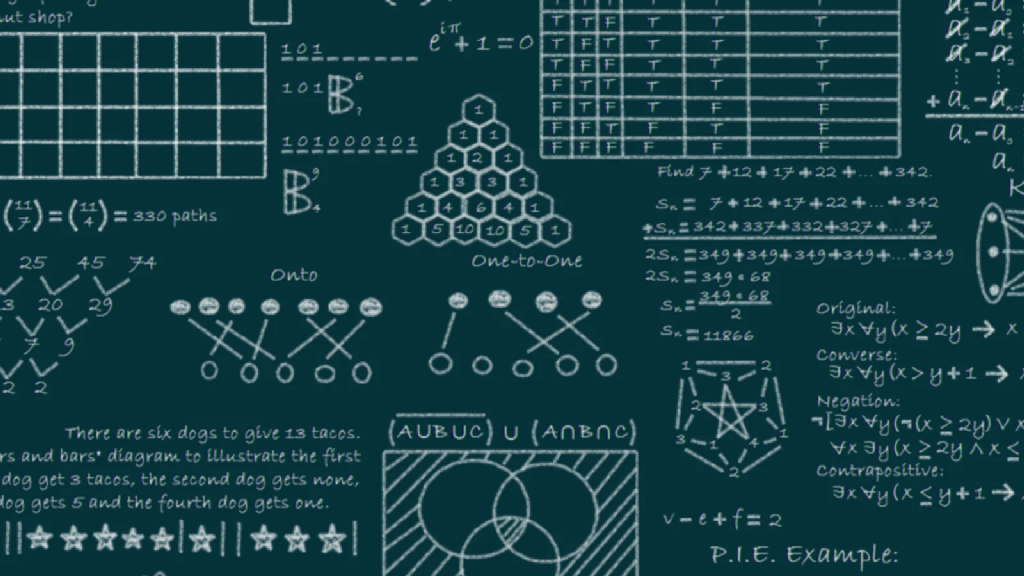Welcome to the STOR-601 Introductory Python Module#
What is it ?#
This course is an introduction to python programming for statistics and data science. Since it is an introductory course it does not cover every aspect of the python programming system.
Why are we doing it ?#
It is designed to provide you with sufficient knowledge and ability to access the python material used for the STOR-601 modules and is a pre-requisite for studying STOR-609 in term 2.
How does the course work ?#
The material is presented using jupyter notebooks and jupyter book. You can learn more about jupyter here
What course materials are there ?#
Single jupyter book for course notes
Course notes designed to accompany the sessions
Each chapter is a jupyter notebook
Each notebook can be downloaded and annotated by you
Course notes have lots of examples and exercises
Course prerequisites#
Some experience of programming but not necessarily using python.
A STOR-i laptop capable of running python (version 3.12.0 or better), jupyter notebook, and spyder.
Access to the course notes and materials
Why Python ?#
Easy to learn
Versatile
Syntax is easy to read
Lots of open source libraries
Used for more than statistics and data science
Easy to integrate into larger systems
Why not Python ?#
Dynamically typed
Few and poor compilers
Very easy to introduce subtle design errors
Outcomes#
After studying this course you should have a basic working knowledge of, and the ability to program python using
basic data types
lists
functions
conditional expressions
iteration
tuples
dictionaries
sets, sorted lists, deques
classes
Course contact#
Jamie Fairbrother - Lecturer
Daniel Grose - Research Fellow
Sessions#
Session 1
Monday 29/09/2025
PSC Lab 1
15:30 - 17:00
Session 2
Tuesday 30/09/2025
PSC Lab 1
11:30 - 12:30
Session 3
Tuesday 30/09/2025
PSC Lab 1
15:30 - 17:00
Session 4
Wednesday 01/10/2025
PSC Lab 1
10:45 - 12:45
